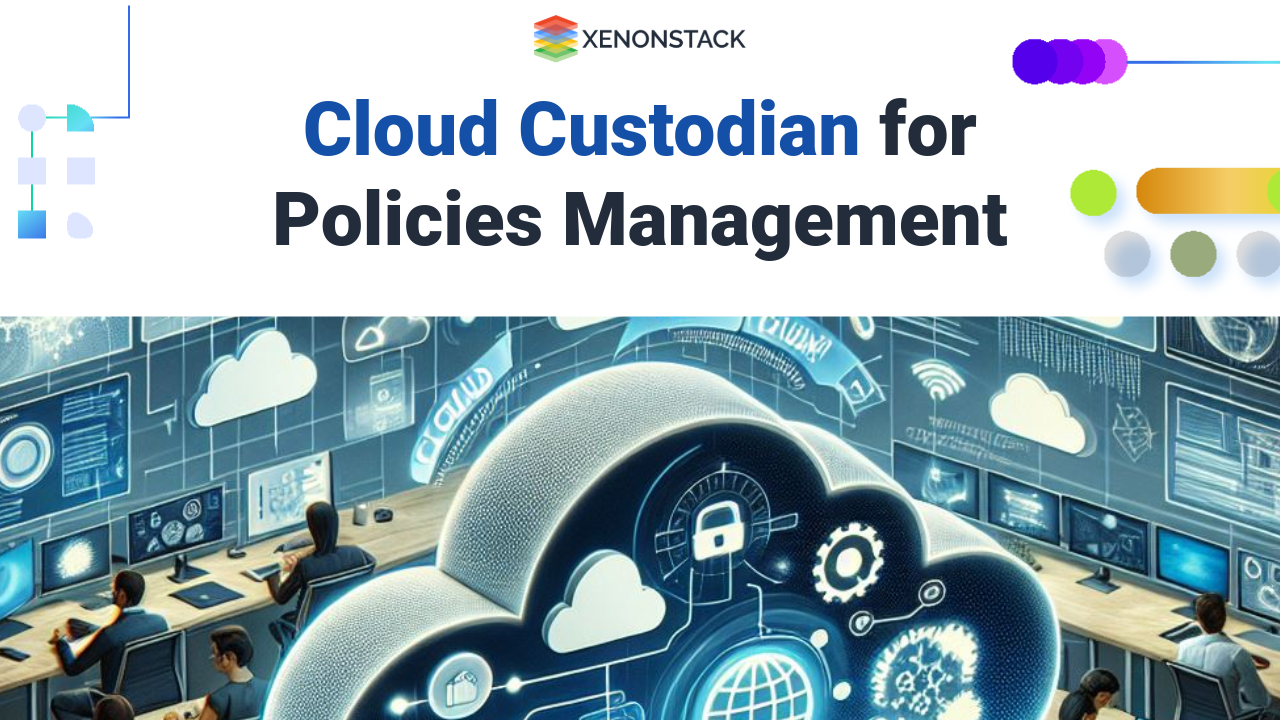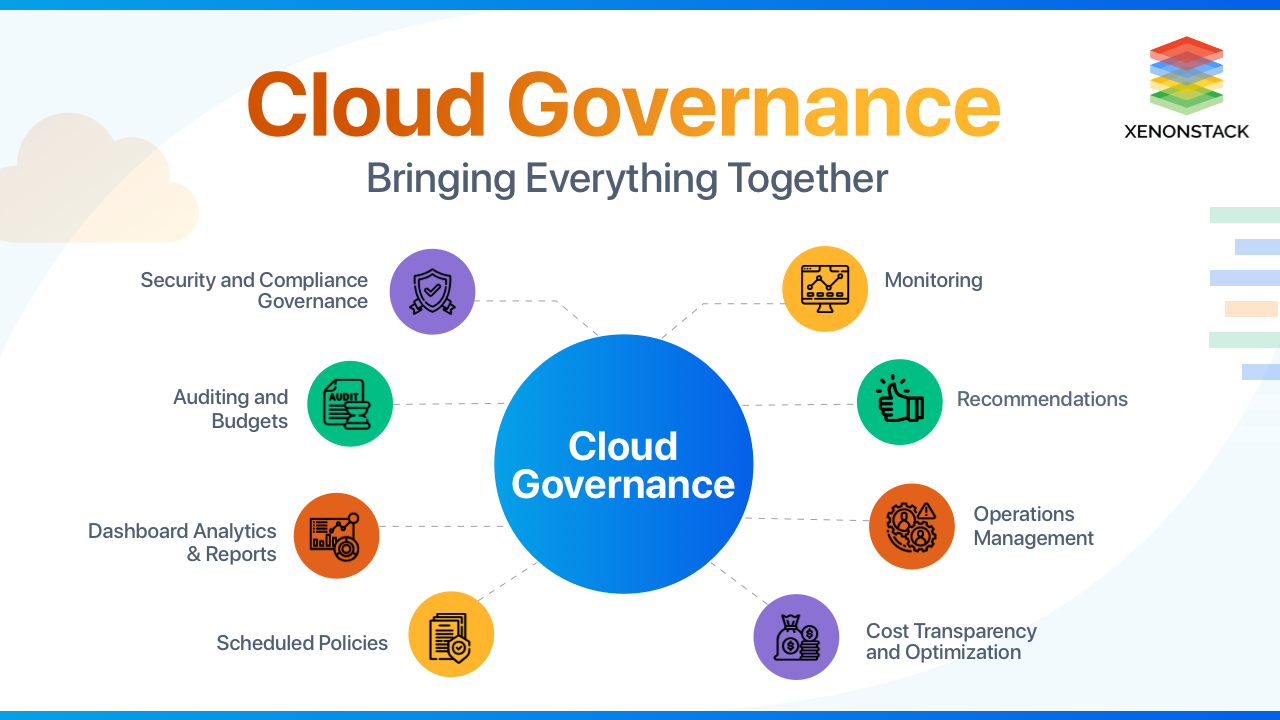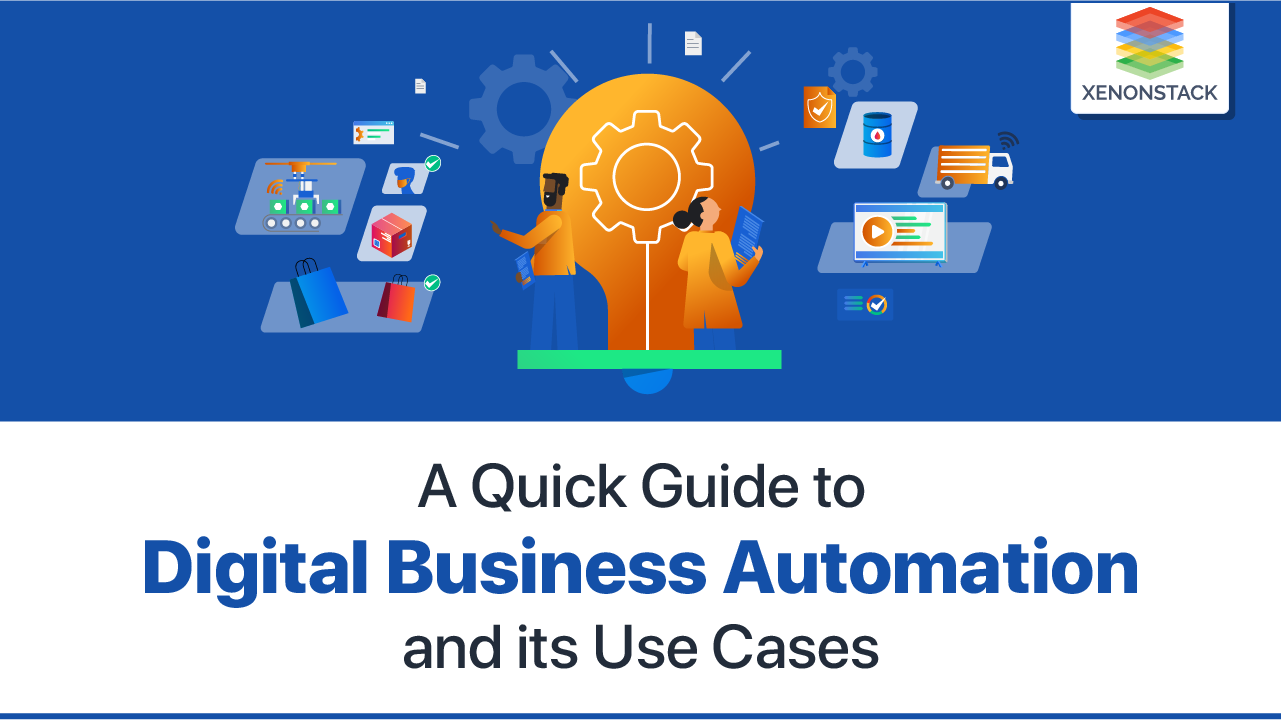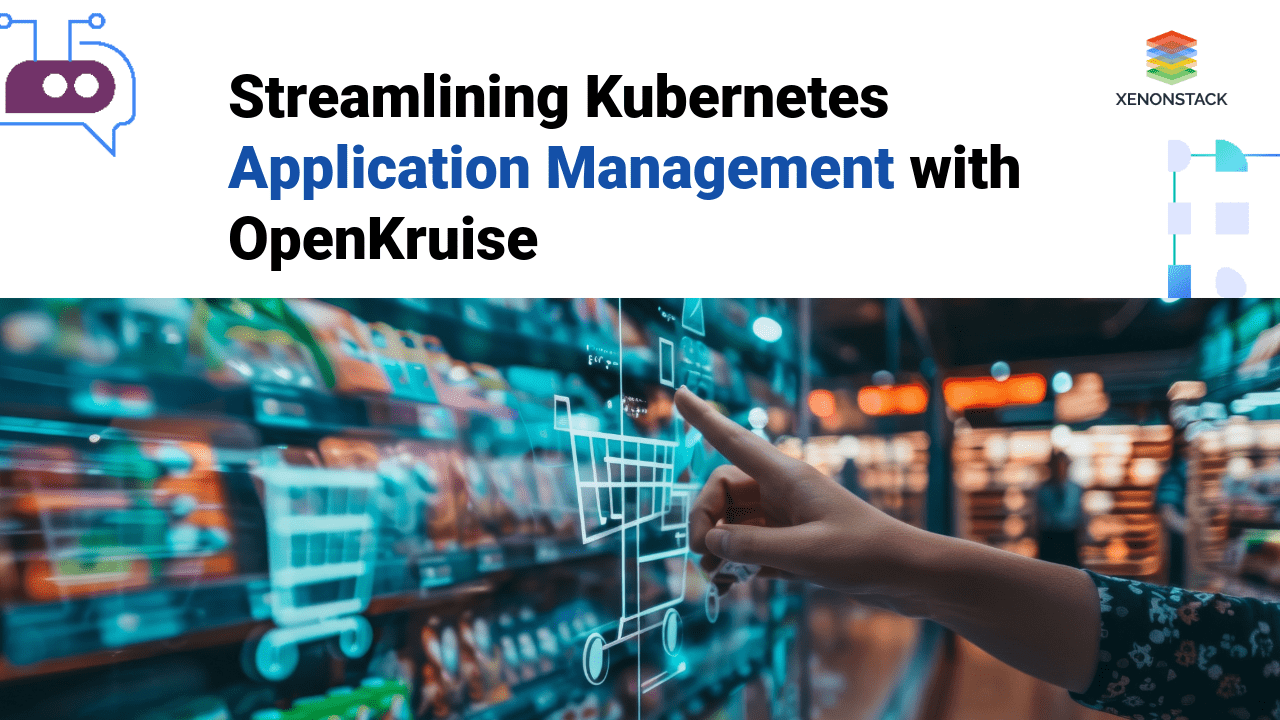
In today's fast-paced digital world, large-scale application management is important. As companies more readily embrace microservices frameworks, the dilemma of deployment, scaling, and maintenance has become more complicated. Kubernetes has gained popularity as the industry standard in container management platforms for its wide range of containerized application management capabilities. Nevertheless, its built-in capabilities may not cater for the complexity requirements of advanced applications. It is here that OpenKruise comes in with features that facilitate application management in a great way.
This article presents a picture of how OpenKruise complements Kubernetes, how it supports application deployment and scaling, and what problems it solves for modern-day development teams.
What’s OpenKruise?
In essence, OpenKruise is an open-source framework that improves Kubernetes with more complex management beyond deployment, especially for large-scale applications. Initially developed by Alibaba, OpenKruise is a collection of features that increases the tolerance, scalability, and ease of usage of Kubernetes systems. New workload types and advanced deployment techniques are proposed to solve the issues that are frequently found in microservices environments, such as handling stateful services, version control, and scaling out-in processes.
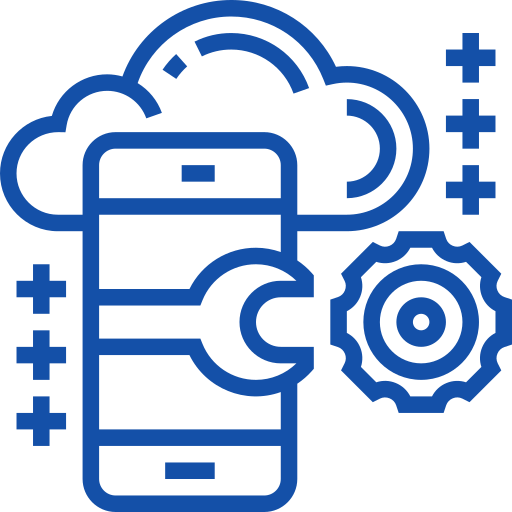
Gartner
The global cloud management market is expected to reach $410 billion by 2025, significantly increasing from earlier valuations.
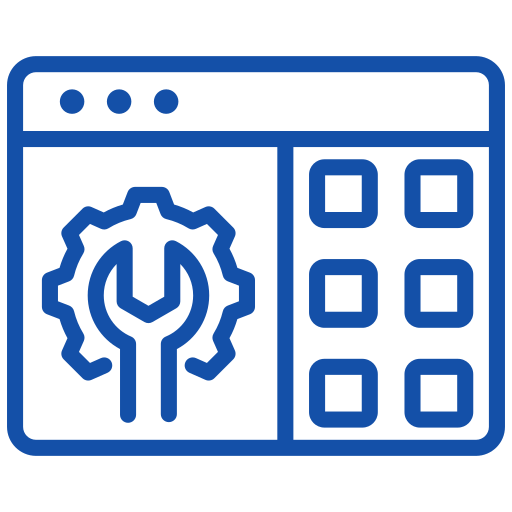
McKinsey
It is predicted that over 80% of organizations will employ AI and machine learning for automating application management processes
The Benefits of OpenKruise
Empowering seamless application management and orchestration in Kubernetes environments
CloneSet
The CloneSet concept is very simple. It is intended to be used only for stateless applications, allowing a developer to describe a set of similar pods that can be scaled and changed at will.
With the updated version of the CloneSet, rolling updates are already a feature; hence, there is continuity in service during the process. It is also easy for developers to increase the scale of applications to cater to increased demand, especially during peak periods.
Advanced Stateful Set
This type of workload is aimed at stateful applications and improves volume management and identity persistence compared to conventional stateful sets.
The AdvancedStatefulSet improves the deployment management of stateful applications whereby consistency and reliability of data during updates and failures is achieved.
Job and CronJob
With the goal of batch workload management, OpenKruise also provides Job and CronJob resources to tackle complex job schedules and allow concurrent job executions.
This is especially useful for ETL operations, data migrations, or any periodic processes that must be completed on time.
Advanced Deployment Strategies
-
Canary Releases: OpenKruise enables canary deployments, a technique that permits teams to segment their users and roll out new capabilities in incremental steps to avert a widespread impact while enabling monitoring to take place.
-
Blue-Green Environments: The concept of Blue-Green Deployment refers to having two identical production environments, where one (blue) is ‘live’ or in use while changes are being made to the other (green). Thus, the user can ‘switch’ between the two environments with no interruptions.
-
Strategic Reversions: With OpenKruise the procedure of application version rollback is very effective and less time-consuming in case of any application version issues where high stability and minimal downtimes are a must.
Management of Traffic
OpenKruise has advanced traffic management functions that enable users to control traffic allocation to various versions of the same application. Including A/B testing, traffic separation whereby only some portion of the users is directed to the new version to test various metrics and gather user opinions.
Enhancements of Autoscaling
OpenKruise has autoscaling capabilities that are workload-driven and also depend on user-defined metrics. This means that applications can scale not just in terms of CPU and memory but also based on the application's metrics, such as how fast the response is or how many users are interacting. Such scope creates opportunities for more effective resource usage and cost minimization.
Application Lifecycle Management
Among other features, OpenKruise provides processes that control application lifecycle stages such as:
-
Versioning: Maintaining a history of application versions to facilitate updates and downtimes.
-
Configuration Management: Control of configuration attributes for all environments from a single point for uniformity.
-
Automated Rollbacks: Reverting back to healthy versions of applications without any human intervention in case of deployment failures.
Challenges Addressed by OpenKruise
There are various issues that surface when one is attempting to manage an application with a large scale.-
Challenges with Stateful applications: Standard Kubernetes StatefulSets often falter when it comes to more sophisticated levels of state management. The AdvancedStatefulSet of OpenKruise improves upon this with flexible volume handling and enhanced data integrity.
-
Operational Overhead with Continuous Delivery: For every microservices-transformation, put in place, speedy means of deploying and in case of failures, rolling back the system need to be adopted. However, OpenKruise simplifies this challenge, thus reducing the burden of work on the development teams.
-
Resource Management: Resource management within multi-tenant Kubernetes clusters can be difficult. OpenKruise's intelligent resource allocation allows for scaling resources based on real demands.
-
Versioning: All software solutions in use have a distinct life cycle and therefore it becomes necessary to control versions of them. The versioning capabilities that are present in OpenKruise make it easy for the teams and do not occupy their time which they could use developing the product instead of configuring.
Getting Started with OpenKruise
Introduction to OpenKruise
Setup StepsCase Studies in the Modern World
In order to utilize OpenKruise, it is necessary to have a Kubernetes cluster running. OpenKruise can be installed using kubectl or Helm.
Take a look at the installation procedure below made more easy for OpenKruise:
# Add the OpenKruise Helm repository
helm repo add kruise https://charts.kruise.io
# Update the repository
helm repo update
# Install OpenKruise
helm install kruise kruise/kruise --namespace kruise-system --create-namespace
Creating Workloads
Defining workloads in OpenKruise is straightforward. Here’s an example configuration for a CloneSet:
--------------------------------------------------------------------------
apiVersion: apps.kruise.io/v1alpha1
kind: CloneSet
metadata:
name: sample-cloneset
spec:
replicas: 3
selector:
matchLabels:
app: sample
template:
metadata:
labels:
app: sample
spec:
containers:
- name: sample-app
image: sample-image:latest
ports:
- containerPort: 8080
resources:
requests:
memory: "64Mi"
cpu: "250m"
limits:
memory: "128Mi"
cpu: "500m"
updateStrategy:
type: RollingUpdate
rollingUpdate:
maxUnavailable: 1
This configuration creates a CloneSet that manages three replicas of your application while facilitating controlled updates to maintain high availability.
- E-Commerce Platform: In the CloneSet’s functionality, web servers can be scaled out and in via traffic patterns in a dynamic manner during heavy sales events. Also, canary releases enable limiting the exposure of new features by releasing them to a small group of users first making their full rollout and thus avoiding bugs to all users.
- Data Processing Pipelines: For processing applications that handle large datasets, AdvancedStatefulSets can handle the stateful parts while Jobs take care of the batch processing. For instance, it is easy to create a CronJob, which will ensure user data is processed every night in time for the report updates.
- Microservices Architecture: In a microservices architecture, OpenKruise's traffic management and version management capabilities ease the deployment of services while performance is in check. For example, when a new service addresses payment processing, it can temporarily handle a small portion of the traffic for immediate performance checks.
Another key aspect has been the extensive implementation and development of OpenKruise at Alibaba Cloud. The system has proven indispensable in sustaining the extraordinary traffic arising from e-commerce northern holidays. In other words, it allows one to scale, manage traffic, and deploy features optimally and quickly while keeping the system stable.
Approaches to Using OpenKruise More Effectively
-
Version Control: Raise the level of control of deployments to every version by making use of labels, all for the purposes of easing the identification of versions and carrying out rollbacks.
-
Monitoring and Logging: Employ a monitoring solution for its specific use, which is for instance monitoring the service and using tools such as Prometheus and Grafana to create alerts on certain critical metrics so as to curb the problem before it escalates.
-
Resource Requests and Limits: Resource requests and limits for workloads should always be specified in order to ensure that silos are not created and resources fairly distributed.
-
Regular Testing: Staging practices should be employed on a regular basis in order to test deployment practices in order to test updates/ rollback of deployments.
-
Documentation and Knowledge Sharing: Promote team work by uploading your OpenKruise configurations and workflows.
-
Community Engagement: Engage with the OpenKruise community by active participation through the forums or GitHub and share experiences, queries and development activities.
OpenKruise’s Future Scope
The ongoing evolution of application development is accompanied by an increasing need for scalable and strong solutions. OpenKruise happens to be in a position to replace the old trends with newer ones while addressing the challenges in the Kubernetes ecosystem.
Below are some possible improvements:
Integration with New Emerging Technologies- Artificial Intelligence and Machine Learning: Possible intelligent elements may be added in future releases enabling prediction on when to scale up or down and other features based on past data.
- Serverless: This could be added in which the composition of a traditional containerized application with the serverless function will be managed together.
Advanced Observability and Monitoring
- Incorporating APM Capabilities: Advanced Application Performance Management solutions may be included in OpenKruise, offering application performance management through health checks and troubleshooting.
- Real-Time Dashboards: Future revisions may include real-time metrics dashboards, which would enable organizations to detect performance patterns and modalities quickly.
Advanced Security Capabilities
- Security of Policy: Due to the increasing concerns in cloud-native situations, new features focused on improving security, such as automated compliance and policy-based configurations, should be designed.
- Service Mesh: OpenKruise may support popular service meshes for improved communication between microservices and enhanced security.
Community-Driven Development
- Open Source Contributions: Being aware that fostering a community around OpenKruise will be essential for its sustainability as it will provide different ways of resolving issues in a timely manner.
- Ecosystem Collaborations: Partnership with other existing open-source systems in order to provide more features and enable easier deployment.
Concentration on Multi-Cloud and Hybrid Deployments
-
Effective Multi-Cloud Operation: OpenKruise may improve application management across various hosts. It will make procuring workloads much easier and their management flawless.
-
Hybrid Cloud Management: Investigating capabilities that can give businesses an advantage in using hybrid systems will empower them to effectively use both on-premise and cloud services.
Educational Resources and Training
-
Comprehensive Learning Materials: Developing tutorials, webinars, and a certification program would help users exploit Open Kruise's full potential.
-
Accessible Documentation: Continuous improvements in the documentation will be vital in assisting the user in absorbing new features.
Conclusion on Automating Large-Scale Application Management
OpenKruise is the most suitable solution for application lifecycle management in Kubernetes. With advanced custom workload types, advanced deployment policies, and a comprehensive lifecycle management system, it equips both developers and operators with the means to improve application availability, scalability, and management.
At the same time, factoring in the expectations of speed and dependability in any digital transformation initiative, it is clear that OpenKruise is an indispensable component of the Kubernetes infrastructure. From running a microservices architecture or working with stateful services and complex batch processing to simply running occasions, OpenKruise makes things easier and faster.
If you have been zealous about advancing your Kubernetes administration, read on about OpenKruise. It is feature-rich and benefits the contemporary complexities arising with application deployments, so it is a must-have in your K8s. Welcome to the next generation in app management and happy deployments!
- Know more about Kubernetes Deployment
- Learn more about kubernetes security best practices


